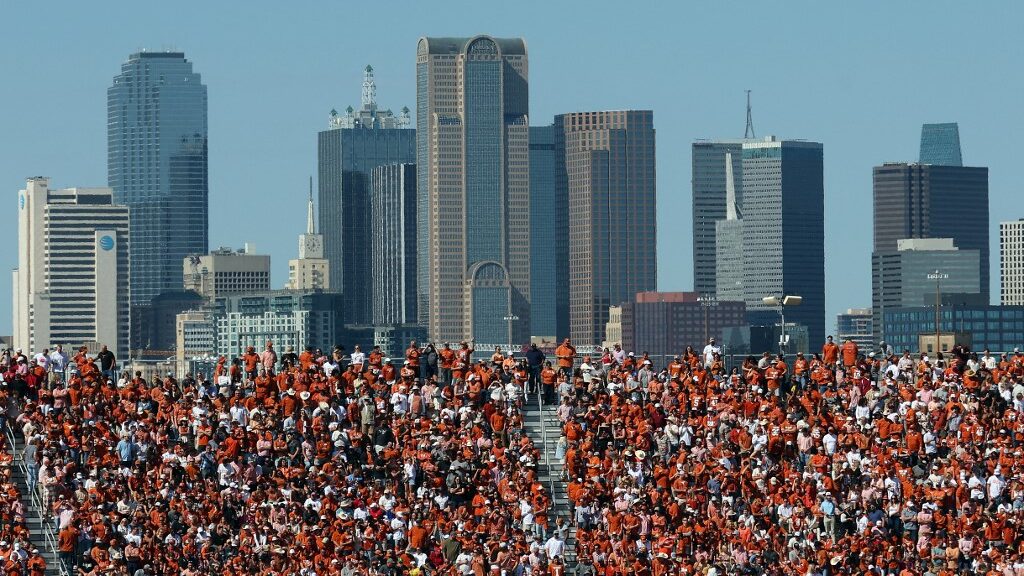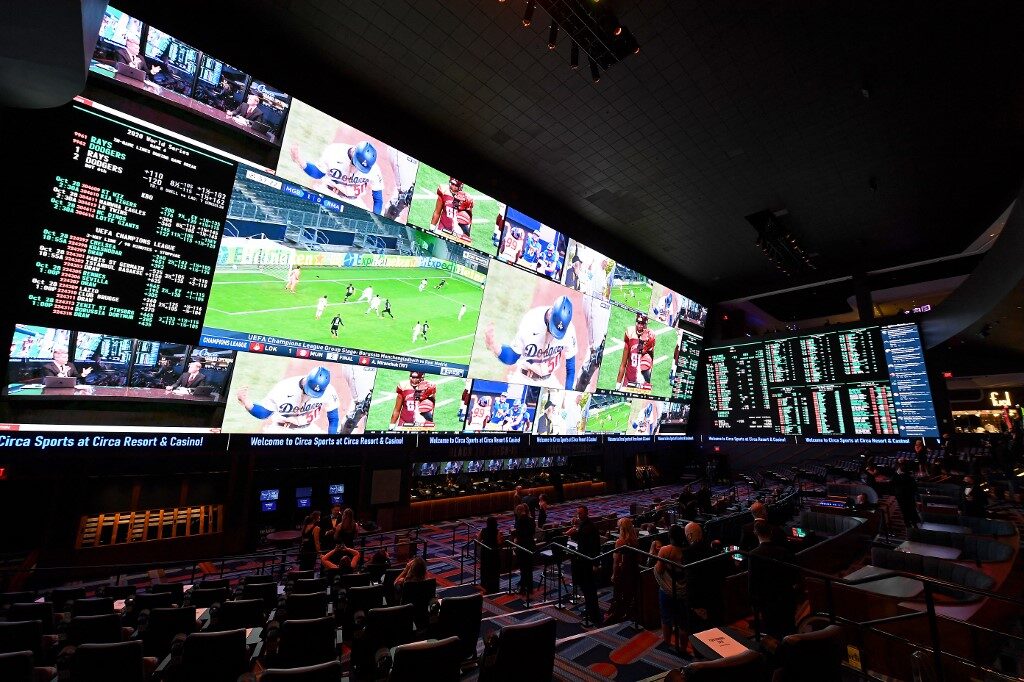The gaming and betting industry has seen a wave of mergers and takeovers during the last 18 months or so involving some green listed bookmakers.
GVC, the owner of Sportingbet and Foxy Bingo tookover bwin.party, the owner of the Party Poker, for £1.6bn.
Paddy Power has joined forces with Betfair. Stan James has merged with Unibet and the combined business is about to take over 32Red.
And, in the deal that brought together two of the sector\’s most-recognised names, Ladbrokes teamed up with Gala Coral in a £2.3bn combination.
Last week the enlarged business, Ladbrokes Coral, provided the first update on progress since the merger was completed in November and published its results for last year.
The results first: although the company reported a headline pre-tax loss of £204.3m, that largely reflected the cost of doing the deal, along with the subsequent disposal of some betting shops to Betfred that was required by the competition authorities.
On a pro-forma basis though, the combined business made operating profits of £264.3m in 2016, a rise of 22%.
That in part was due to some surprise results in the football world – Leicester City\’s once-in-a-lifetime triumph in the Premier League, Portugal\’s surprise victory in the European Football Championships and some poor runs of form for heavily-backed club sides such as Manchester United, Liverpool and Chelsea all provided benefits for the company.
The bigger story though, so far as investors will be concerned, is how the enlarged business is faring following the merger.
The news is largely encouraging, to date, with Ladbrokes Coral today raising its forecast cost savings from the combination.
The company has also been stressing some of the things it has been doing since the merger such as cross-selling gaming services to customers who had traditionally bet on sports. Spending more on technology is also promised.
The big cloud hanging over the entire sector is the extent to which it is facing a crackdown from regulators in particular on fixed odds betting terminals.
The amount that can be staked on these machines and the prizes that they can pay out is currently being reviewed and it is widely expected that some reduction on the maximum stake is likely.
The bookies have warned that this is likely to lead to some job cuts and store closures and the extent to which curbs will be introduced by the Government should become clear during the next six to eight weeks.
Punters may currently stake up to £100 per spin on the machines every 20 seconds and there have been calls for this to be cut to as little as £2.
There is a lot riding on this for Ladbrokes Coral, now the UK\’s biggest high-street betting chain, as its machine revenues are around £800m annually.
The other big challenge the company faces is the ongoing drift of business to a digital environment and away from traditional high street betting shops. In theory, this should represent an opportunity, as betting shops are far costlier to run than digital betting businesses.
Another possible hurdle in coming months will be for the shares themselves. A group of private equity companies, who owned the old Gala Coral, still own just over a quarter of the combined Ladbrokes Coral – and will be free to start selling their shares in May.















